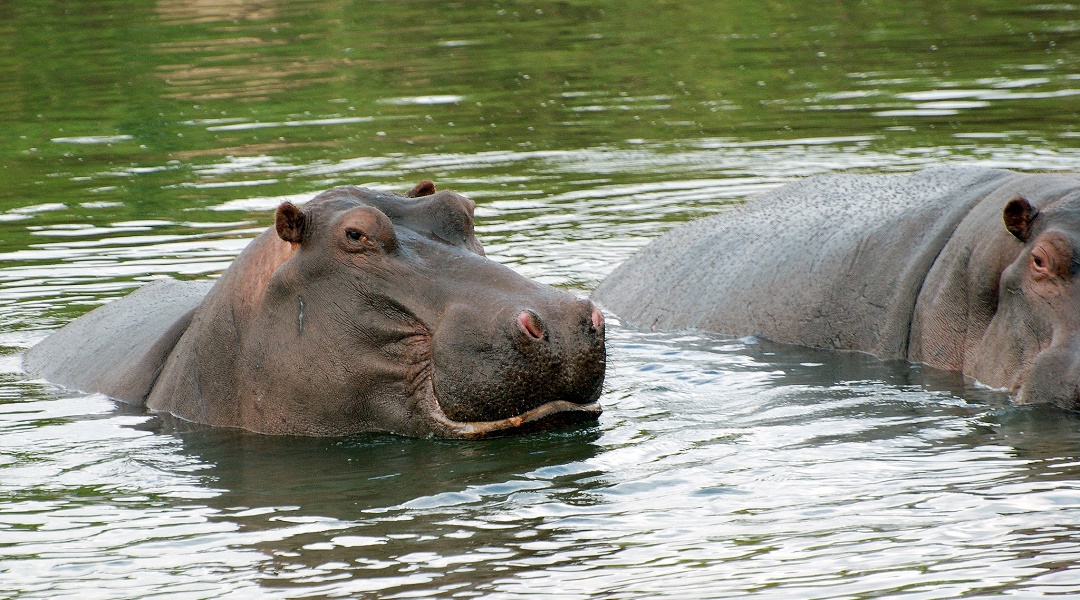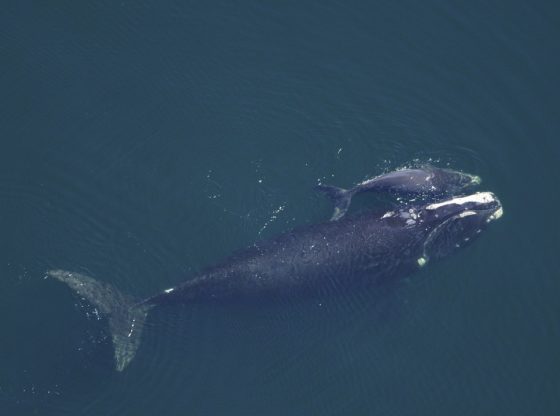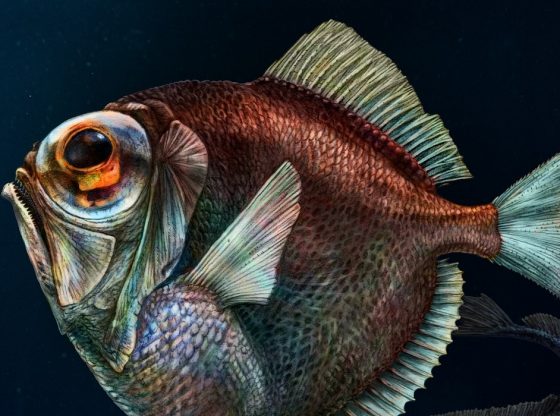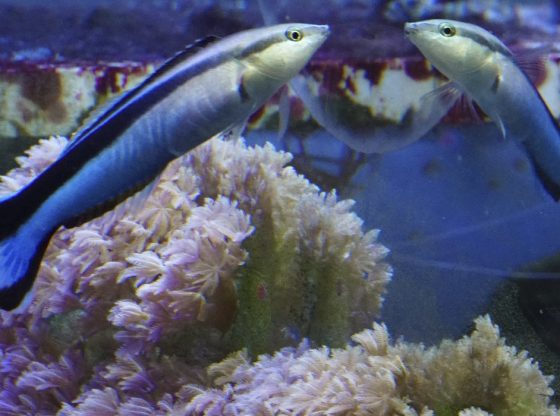
Hippos are omnivores, this is the conclusion drawn by an international group of researchers who have compiled their own and others’ observations of what hippos actually eat.
These enormous animals spend most of their days in the water. Then, during nighttime they roam the surrounding lands of their water habitat to eat enormous amounts of grass.
But contrary to popular belief, they are actually not pure herbivores. They also eat meat, carcasses of animals such as zebras, elephants, antelopes and even other hippos.
These animals could have been killed by crocodiles or succumbed to the disease. But Hippos regulatory kill other animals themselves.
It has been previously noted that hippos eat meat, but it was then thought to be exceptional and a deviant behavior among certain individuals. This new research, however, concludes that the behavior is widespread and that eating meat is part the hippos ecological niche.
The research is perhaps not so surprising considering that their nearest relatives on Earth are indeed whales, all of which are carnivores.
The researchers also point out the fact that the hippopotamus populations are often severely affected by the deadly and contagious disease anthrax. Some outbreaks almost exclusively hit hippos and no other animals. The researchers believe this may be because they eat the carcasses of their own species that are infected with anthrax.
_______________
Dudley et al: “Carnivory in the common hippopotamus Hippopotamus amphibius: implications for the ecology and epidemiology of anthrax in African landscapes“, Mammal Review, 2015. DOI:10.1111/mam.12056.
______________________________











![OpenAI. (2025). ChatGPT [Large language model]. https://chatgpt.com](https://www.illustratedcuriosity.com/files/media/55136/b1b0b614-5b72-486c-901d-ff244549d67a-350x260.webp)
![OpenAI. (2025). ChatGPT [Large language model]. https://chatgpt.com](https://www.illustratedcuriosity.com/files/media/55124/79bc18fa-f616-4951-856f-cc724ad5d497-350x260.webp)
![OpenAI. (2025). ChatGPT [Large language model]. https://chatgpt.com](https://www.illustratedcuriosity.com/files/media/55099/2638a982-b4de-4913-8a1c-1479df352bf3-350x260.webp)








